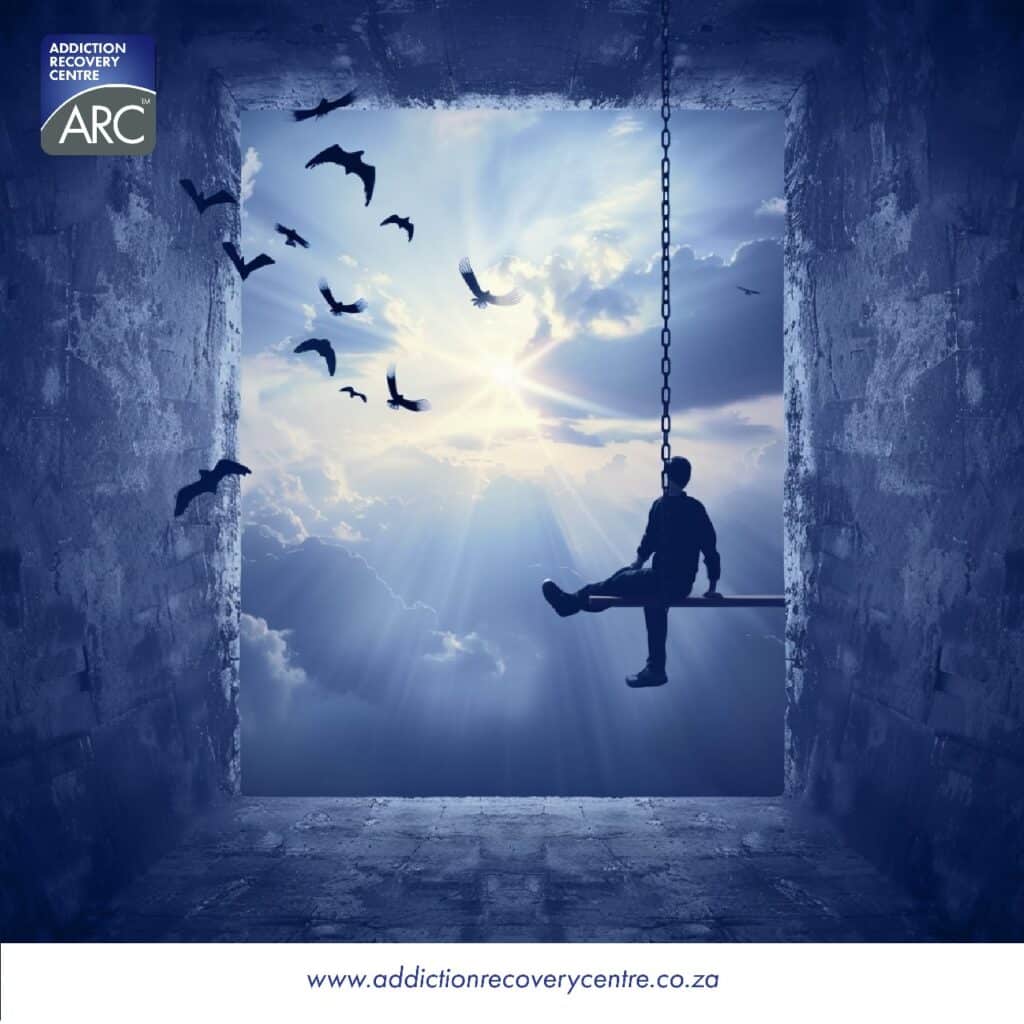
What Happens After Alcohol Rehab?
What Happens After Alcohol Rehab?
After alcohol rehab, your journey continues with aftercare programs that offer essential support. You’ll have ongoing counseling and support groups to reinforce what you’ve learned. Building a strong support network is important, so surround yourself with caring friends and family. It’s imperative to identify triggers and manage them effectively. Establishing new routines and healthy habits will help you stay focused on your recovery. Keep reflecting on your progress to maintain your commitment to sobriety. There’s much more to explore on this path.
The Importance of Aftercare Programs
After completing alcohol rehab, you may feel a mix of relief and uncertainty about what comes next. One important step you shouldn’t overlook is enrolling in an aftercare program. These programs provide vital support as you adapt back into everyday life. They help reinforce the skills you’ve learned, making it easier to manage cravings and triggers. You’ll find that aftercare offers ongoing counseling, support groups, and accountability, all of which play a significant role in preventing relapse. By participating in an aftercare program, you’re not just maintaining your sobriety; you’re also building a foundation for a healthier, more fulfilling life. Embrace this opportunity to strengthen your recovery journey and connect with others who understand your experiences.
Developing a Support Network
Building a strong support network is essential for your recovery success, as it provides the encouragement and understanding you need during challenging times. Surround yourself with people who genuinely care about your well-being—friends, family, or support group members. Share your journey with them; this openness fosters trust and connection. Attend local support meetings or engage in community activities to meet others who understand your experiences. Don’t hesitate to reach out when you’re feeling low or overwhelmed; being vulnerable can strengthen your relationships. Remember, it’s vital to avoid negative influences that might jeopardize your progress. By cultivating positive connections, you’ll create a resilient support system that empowers you to stay committed to your recovery journey.
Identifying and Managing Triggers
Understanding your triggers is essential for maintaining sobriety, especially when you’ve just completed alcohol rehab. Triggers can be emotional, environmental, or social, and recognizing them helps you prepare for challenging situations. Start by identifying specific events or feelings that tempt you to drink. Keep a journal to track your thoughts and behaviors, noticing patterns that lead to cravings.
Once you know your triggers, develop strategies to manage them. This might include avoiding certain places, finding new activities, or practicing mindfulness techniques. Remember, it’s okay to reach out to your support network when you feel overwhelmed. By actively managing your triggers, you’ll strengthen your commitment to sobriety and build a healthier, more fulfilling life.
Building New Routines and Healthy Habits
Creating new routines and healthy habits is essential for sustaining your recovery journey. By establishing a structured daily schedule, you can fill your time with positive activities that promote well-being. Start your mornings with exercise or mindfulness practices; these set a positive tone for the day. Incorporate healthy meals into your routine, as nutrition plays a vital role in your overall health.
Engaging in hobbies or new interests helps distract from cravings and fosters social connections. Surround yourself with supportive friends and family who encourage your growth. Remember to set achievable goals that contribute to your personal development. By consistently practicing these habits, you’ll build a fulfilling life that supports your sobriety and enhances your overall happiness.
Continuing Therapy and Self-Reflection
As you establish new routines and healthy habits, continuing therapy and self-reflection can greatly enhance your recovery process. Engaging in regular therapy sessions helps you address underlying issues and develop coping strategies. It’s a safe space where you can share your experiences, challenges, and triumphs with a professional who understands your journey.
Self-reflection is equally essential. Take time to assess your thoughts, behaviors, and emotions. Journaling can be a powerful tool for this; it allows you to track your progress and identify triggers. Regularly revisiting your goals and motivations strengthens your commitment to sobriety. By prioritizing therapy and self-reflection, you empower yourself to maintain your recovery and build a fulfilling, substance-free life.
Frequently Asked Questions
How Long Does Recovery After Rehab Typically Take?
Recovery after rehab typically takes several months to a few years. You’ll experience ups and downs, but staying committed to your support system and self-care will help you navigate the journey toward lasting sobriety.
Will I Experience Withdrawal Symptoms After Rehab?
Yes, you might experience withdrawal symptoms after rehab. They can vary in intensity and duration, but staying connected to support systems and following your aftercare plan will help you manage any challenges effectively.
Can I Return to Work Immediately After Rehab?
You can return to work after rehab, but it’s wise to evaluate your readiness. Take time to adjust, assess your mental health, and guarantee you have a strong support system before diving back in.
What if I Relapse After Completing Rehab?
If you relapse after completing rehab, don’t panic. It’s important to recognize it as a setback, not a failure. Reach out for support, reassess your triggers, and consider re-engaging with treatment programs to stay on track.
How Can I Find a Local Support Group?
You can find a local support group by searching online for meetings in your area, contacting addiction services, or asking your rehab center for recommendations. Connecting with others can strengthen your recovery journey.
Conclusion
After completing alcohol rehab, your journey doesn’t end; it’s just the beginning. Embracing aftercare programs, building a solid support network, and actively managing triggers can greatly boost your recovery. By establishing new routines and prioritizing healthy habits, you’ll create a fulfilling life without alcohol. Remember, continuing therapy and engaging in self-reflection are key to your ongoing growth. Stay committed to your path, and you’ll find strength and resilience in each step you take.
